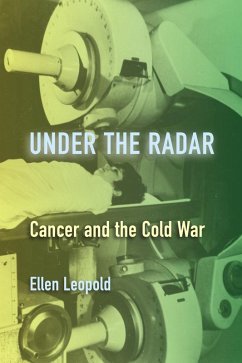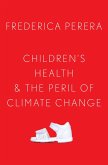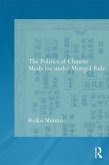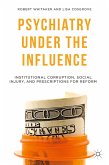At the end of the Second World War, a diagnosis of cancer was a death sentence. Sixty years later, it is considered a chronic disease rather than one that is invariably fatal. Although survival rates have improved, the very word continues to evoke a special terror and guilt, inspiring scientists and politicians to wage war against it.In Under the Radar, Ellen Leopold shows how nearly every aspect of our understanding and discussion of cancer bears the imprint of its Cold War entanglement. The current biases toward individual rather than corporate responsibility for rising incidence rates, research that promotes treatment rather than prevention, and therapies that can be patented and marketed all reflect a largely hidden history shaped by the Cold War. Even the language we use to describe the disease, such as the guiding metaphor for treatment, "e;fight fire with fire,"e; can be traced back to the middle of the twentieth century.Writing in a lucid style, Leopold documents the military, governmental, industrial, and medical views of radiation and atomic energy to examine the postwar response to cancer through the prism of the Cold War. She explores the role of radiation in cancer therapies today, using case studies and mammogram screening, in particular, to highlight the surprising parallels. Taking into account a wide array of disciplines, this book challenges our understanding of cancer and how we approach its treatment.Examines the postwar response to cancer through the prism of the Cold WarGoes beyond medical science to look at the influence of Cold War policies on the way we think about cancer todayLinks the experience of postwar cancer patients with the broader evolution of what have become cancer industriesTraces the history of human-made radiation as a state-sponsored environmental toxin
Dieser Download kann aus rechtlichen Gründen nur mit Rechnungsadresse in A, B, BG, CY, CZ, D, DK, EW, E, FIN, F, GR, HR, H, IRL, I, LT, L, LR, M, NL, PL, P, R, S, SLO, SK ausgeliefert werden.









